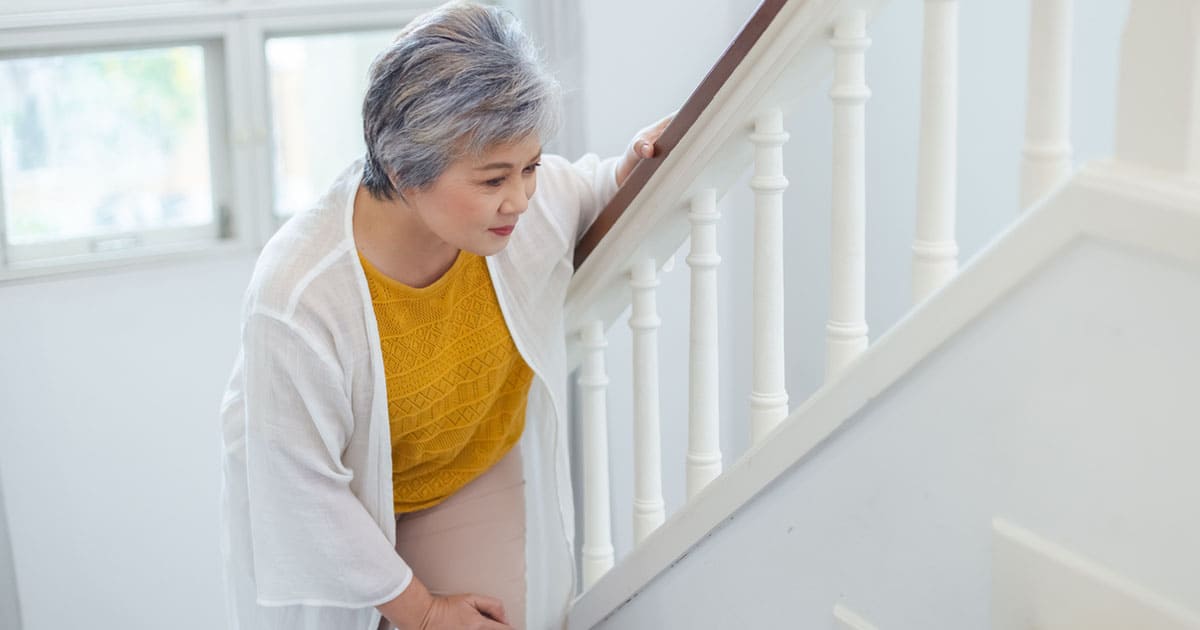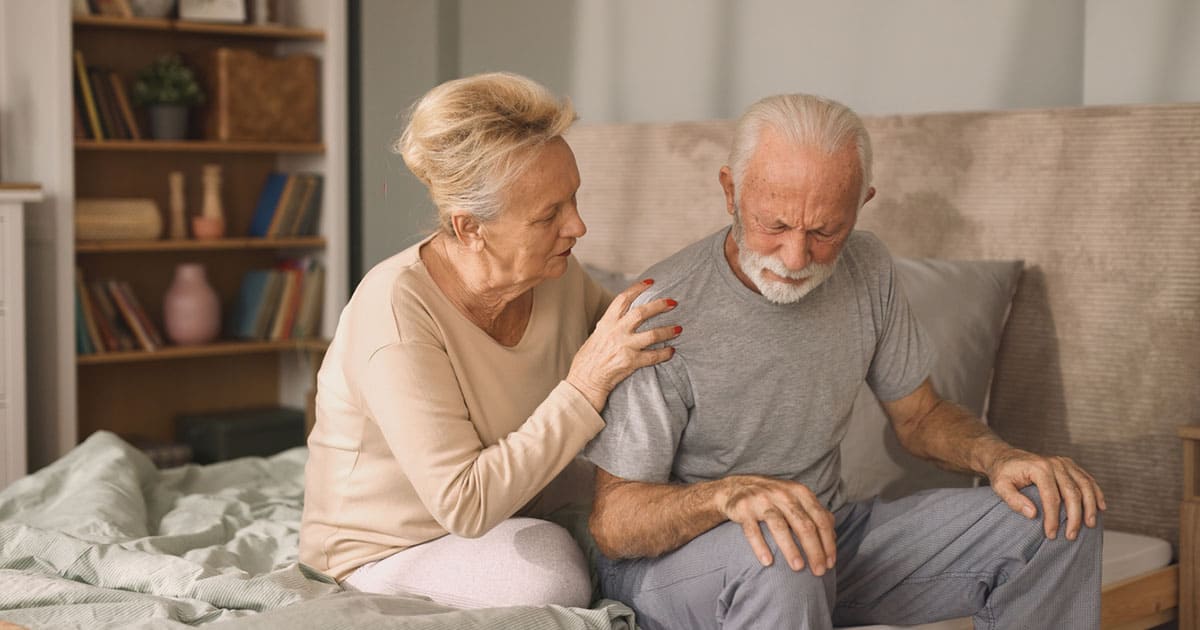BLOG
Tips for Talking with a Stubborn Parent When Considering Senior Living
How to frame and guide the conversation with patience, understanding, and open communication to address a parent's reservations about senior living and help them see the benefits it can provide whether its independent living, assisted living, or memory care.
Move-in Checklist and Timeline: How to Plan Ahead for a Senior Living Transition
Walking through a suggested 12-week timeline for a smooth move into senior living starting after taking a tour up, including completing paperwork and applying for long-term care benefits if needed, decide what to bring or put into storage, arrange movers and pack belongings, etc.
When At-Home Care Isn’t Working for Your Parents Anymore
Explaining when at-home care isn't a good choice anymore for those taking care of their parents.
Living a Simple Life: 5 Ways Senior Living Simplifies Everything
Detailing how Senior living communities offer simplicity through streamlined living spaces, communal dining, activity programming, transportation services, and assistance with daily tasks.
When Home Is No Longer Safe for an Older Loved One: A Home Safety Checklist
If an older loved one is intent on living in their home as long as possible, but you have concerns for their safety, it’s important to know what to look for around the house. We list the areas around the house - and specific things in them - to take into account when making the decision to stay at home or move to a senior living community.
The Cognitive Changes in Older Loved Ones You Should Watch for
It’s normal for older adults to forget names or facts from time to time, but when it comes to signs of more serious cognitive decline including MCI (mild cognitive impairment) or Alzheimer’s disease, there are changes to look for that may indicate it’s time to talk with their physician about.
Wandering, Falls, Medication Mix-Ups and More: Warning Signs for Seniors Living at Home
The occasional minor incident or accident are to be expected as a loved one grows older, but when they wander, fall frequently, mistake or forget their medications, get lost, or forget to turn off the stove or oven, it’s time to
Why Good Nutrition Is So Important for Older Adults, and What It Might Mean When They Overlook Their Own Diet
As we grow older, the body’s ability to absorb certain nutrients decreases and eating a balanced diet becomes even more essential. This is especially true for those who have chronic health conditions such as diabetes or heart disease. Maintaining a good diet is increasingly important for seniors, but can be challenging for some. If you think your loved one isn’t able to prepare balanced meals like they used to, it may be time to consider other options.
Seniors and Personal Care: How to Help When Their Personal Appearance Is Neglected
Growing older can hold many blessings for individuals and their families. But time can also bring challenges and it’s never easy to see those you love struggling with daily life. Your parents' love [...]












